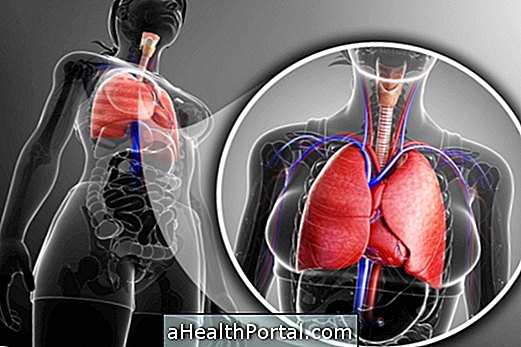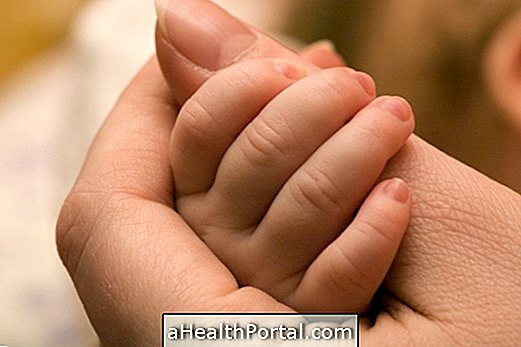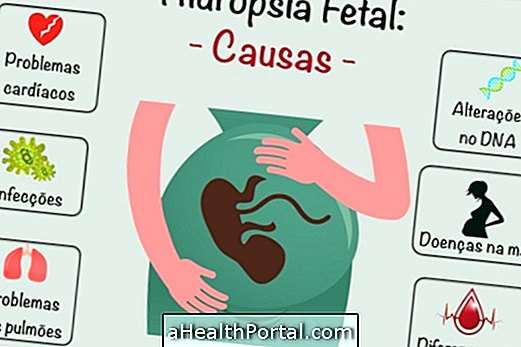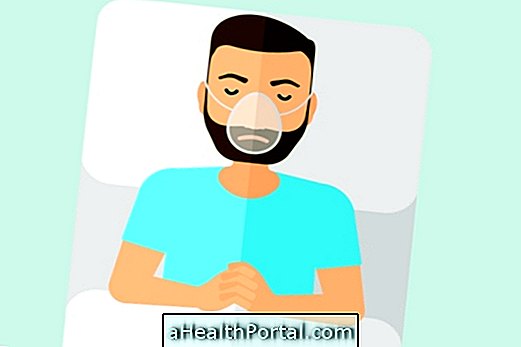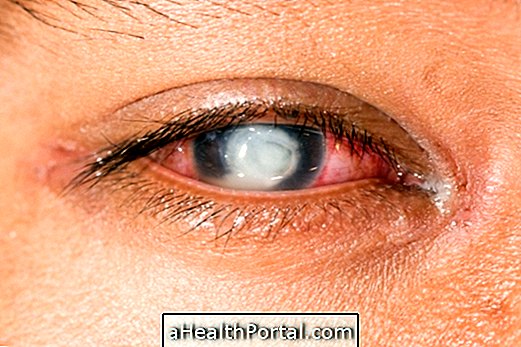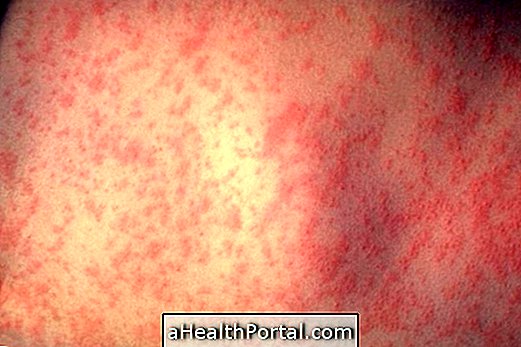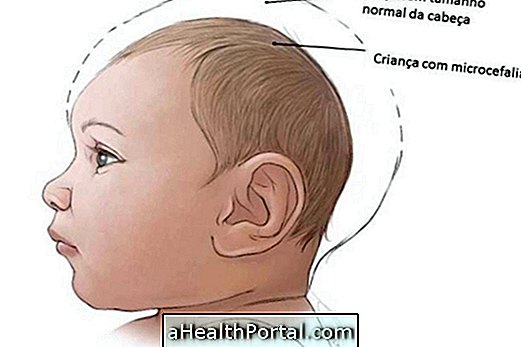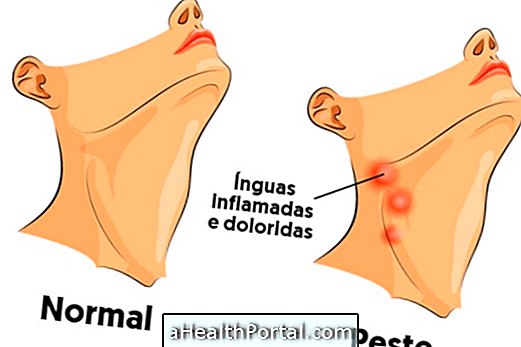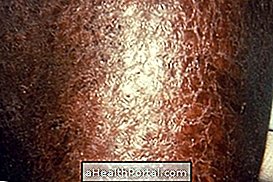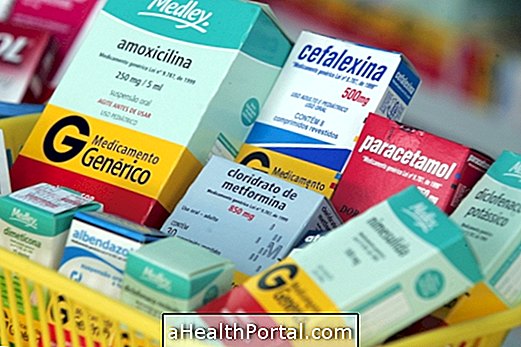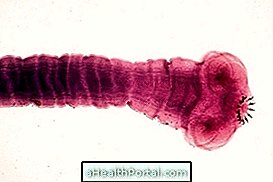Lynch syndrome is a rare genetic disease that increases the risk of having colon or bowel cancer and may even trigger the onset of this cancer in young people.
Usually families who have Lynch syndrome have an abnormally high number of cases of bowel cancer, which can help the doctor get to the diagnosis.
Although there is no simple way to lower your risk of getting cancer, having a healthy lifestyle and maintaining regular consultations with the gastroenterologist can reduce the chances of complications even if cancer develops, since treatment can be started quickly.

Symptoms and criteria for diagnosing
The symptoms and criteria that help the doctor diagnose this disease are:
- Have bowel cancer before age 50;
- Family history of bowel cancer in young people;
- Family history of various cases of uterine cancer;
In addition, families with many cases of other related cancers, such as cancer of the ovary, bladder or testicles, may also have Lynch syndrome.
This syndrome is recessive and so if someone is diagnosed, they have a 50% chance of passing on to their children.
What causes the syndrome
Lynch syndrome occurs when a malformation arises in one of the genes responsible for eliminating changes in the DNA, preventing the onset of cancer. These genes may include MLH1, MSH2, MSH6, PMS2 and EPCAM, and therefore laboratory tests are often performed on blood to confirm these changes.
However, there are also cases of families that present the syndrome without having any alteration in these 5 genes.

What are the risks of having the syndrome
In addition to the high risk of developing cancer in the gut, there are also increased chances of having any of these types of cancer:
- Cancer of the stomach;
- Cancer of the liver or biliary tract;
- Urinary tract cancer;
- Brain tumour.
In women, there is still the possibility of developing cancer of the uterus or ovaries, for example.
Because of the increased risk of various types of cancer, it is advised to have regular consultations in various medical specialties to make tests and to identify early changes. One of the tests that can be done is the genetic examination of breast cancer that indicates the chances of developing this cancer.
How is the treatment done?
There is no specific treatment for Lynch syndrome, however, some care may help reduce the risk of cancer such as:
- Eat a healthy and balanced diet, giving preference to fruits and vegetables;
- Do 30 minutes of exercise a day, at least 3 times a week;
- Do not smoke or drink alcohol because it increases the risk of various types of cancer.
In addition, increasing the intake of antioxidants may also help reduce the risk of cancer. See the recipe for 4 simple juices that help prevent cancer.


